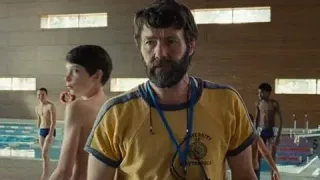March 28, 2016
N.C. Anti-LGBT Law Heading to Court
READ TIME: 1 MIN.
RALEIGH, N.C. -- Gay-rights groups and others who say they'll be wronged by North Carolina's new law preventing Charlotte and other local governments from passing anti-discrimination rules are wasting little time trying to stop it in court.
The American Civil Liberties Union, Lambda Legal and Equality North Carolina scheduled a Monday news conference in Raleigh to announce federal litigation challenging the law, approved last week by the legislature and signed by Gov. Pat McCrory.
Republican lawmakers wanted to overturn an impending Charlotte ordinance that allowed transgender people to use the restroom aligned with their gender identity. But the new law also prevents all cities and counties from extending protections covering sexual orientation and gender identity at restaurants, hotels and stores.
Corporations have criticized the law, but McCrory and allies are defending it.






